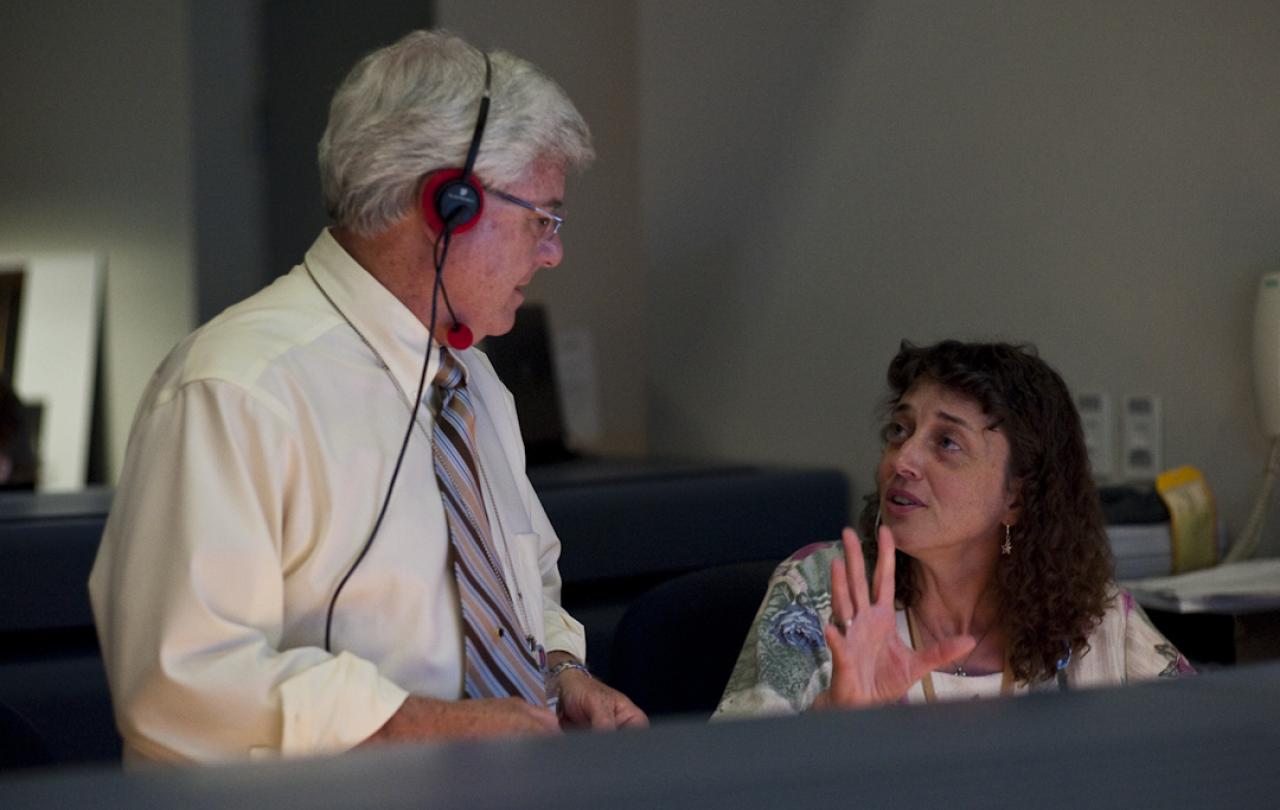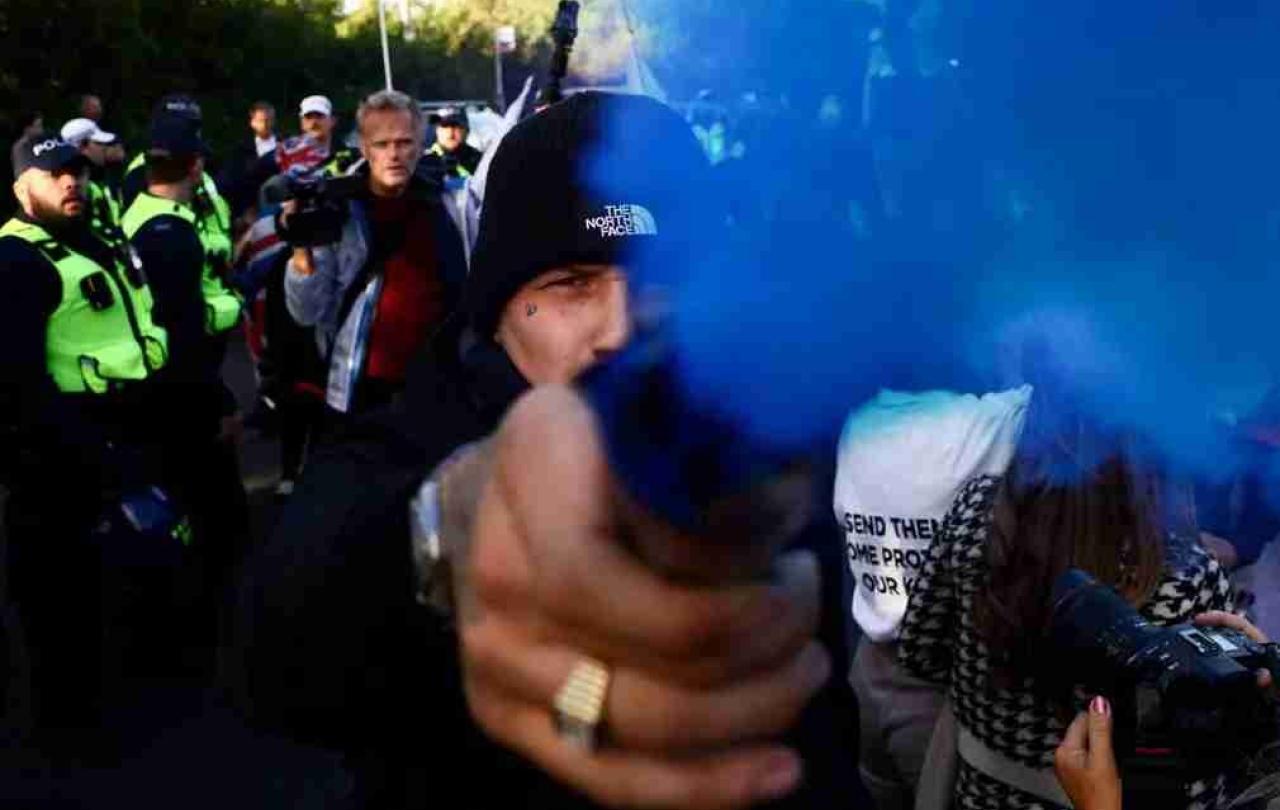
"Science is a way of living out an appreciative faith."
Jennifer is the Director Emeritus of the program of Dialogue on Science, Ethics, and Religion for the American Association for the Advancement of Science (AAAS) and is also a senior astrophysicist at the NASA Goddard Space Flight Center.
As well as speaking about the unique nature of her stellar (literally) career, Jennifer talks through how she became so enchanted with ‘the night sky,’ how her faith informs her perception of the universe (and vice versa), and the often-misunderstood relationship between science and religion.
Jennifer’s passion is evidence that science can, and does, cultivate a wonderfully curious life. This episode is as enchanting as it is mind-blowing.





